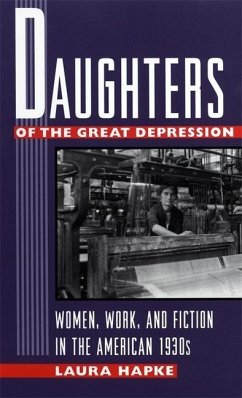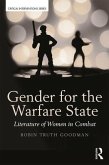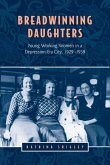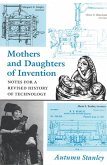Working women, from industrial wage earners to business professionals, were the literary and cultural scapegoats of the 1930s, argues Laura Hapke. In Daughters of the Great Depression she reinterprets more than fifty well-known and rediscovered works of Depression Era fiction to illuminate one of the decade's central conflicts: whether to include women in the hard-pressed workforce or relegate them to a literal or figurative home sphere. To locate these key texts in the "don't steal a job from a man" furor of the time, she draws on a wealth of 1930s sources not usually considered by literary scholars. These sources include articles on gender and the job controversy; Labor Department Women's Bureau statistics; "true romance" stories and "fallen woman" films; studies of African-American women's wage earning; and Fortune magazine pronouncements on white-collar womanhood.
Hinweis: Dieser Artikel kann nur an eine deutsche Lieferadresse ausgeliefert werden.
Hinweis: Dieser Artikel kann nur an eine deutsche Lieferadresse ausgeliefert werden.








